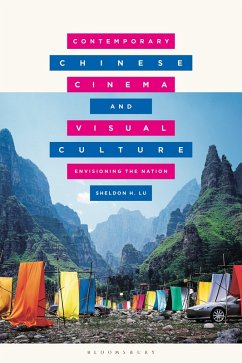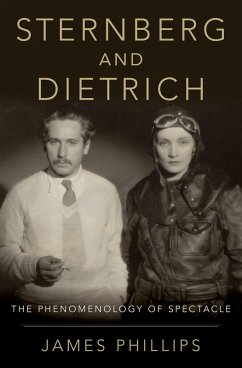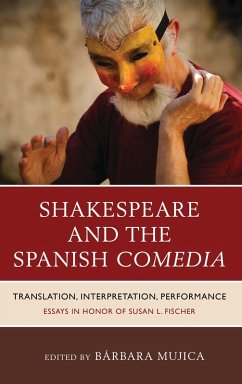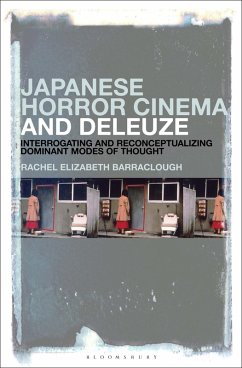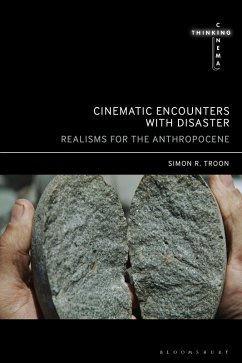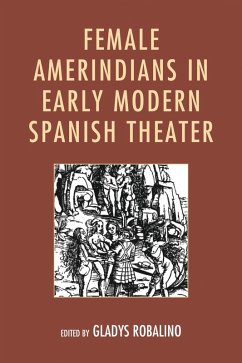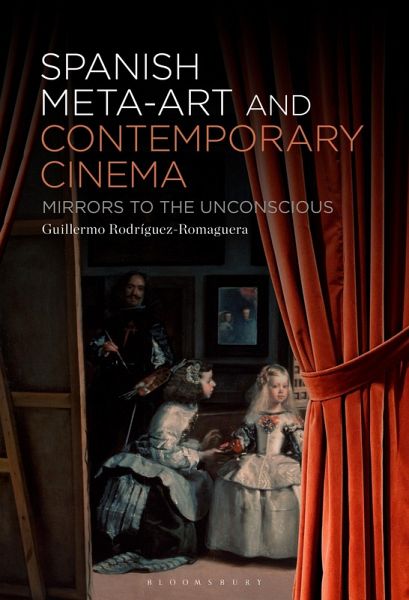
Spanish Meta-Art and Contemporary Cinema (eBook, PDF)
Mirrors to the Unconscious

PAYBACK Punkte
13 °P sammeln!
Can cinema reveal its audience's most subversive thinking? Do films have the potential to project their viewers' innermost thoughts making them apparent on the screen? This book argues that cinema has precisely this power, to unveil to the spectator their own hidden thoughts. It examines case studies from various cultures in conversation with Spain, a country whose enduring masterpieces in self-reflexive or meta-art provide insight into the special dynamic between viewer and screen. Framed around critical readings of Miguel de Cervantes' Don Quixote, Diego Velázquez' Las meninas and Luis Buñ...
Can cinema reveal its audience's most subversive thinking? Do films have the potential to project their viewers' innermost thoughts making them apparent on the screen? This book argues that cinema has precisely this power, to unveil to the spectator their own hidden thoughts. It examines case studies from various cultures in conversation with Spain, a country whose enduring masterpieces in self-reflexive or meta-art provide insight into the special dynamic between viewer and screen. Framed around critical readings of Miguel de Cervantes' Don Quixote, Diego Velázquez' Las meninas and Luis Buñuel's Un chien andalou, this book examines contemporary films by Víctor Erice, Carlos Saura, Bigas Luna, Alejandro Amenábar, Lucrecia Martel, Krzysztof Kieslowski, David Lynch, Pedro Almodóvar, Spike Jonze, Andrzej Zulawski, Fernando Pérez, Alfred Hitchcock, Wes Craven and David Cronenberg to illustrate how self-reflexivity in film unbridles the mental repression of film spectators. It proposes cinema as an uncanny duplication of the workings of the brain - a doppelgänger to human thought.





